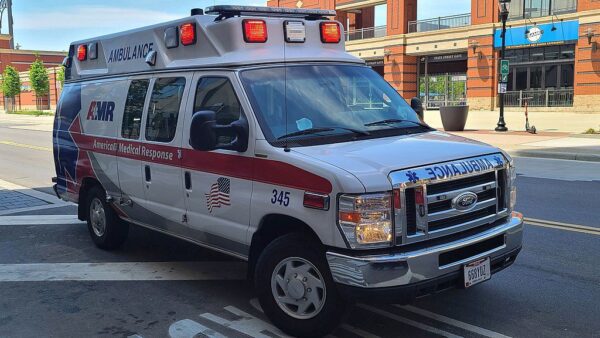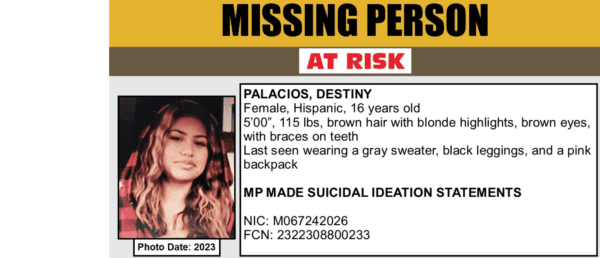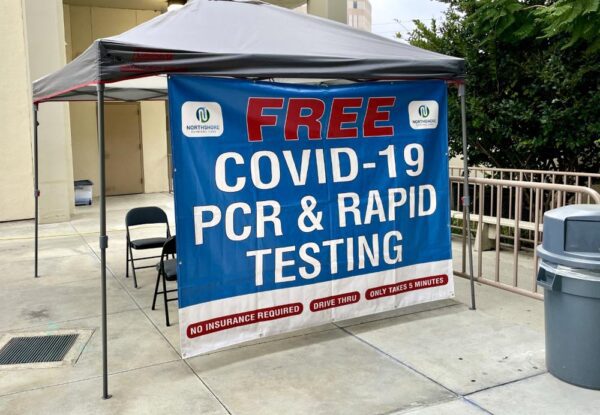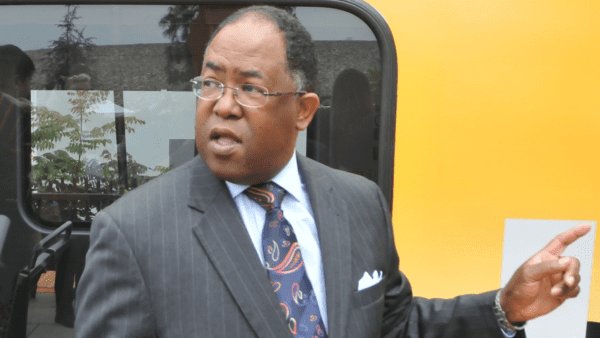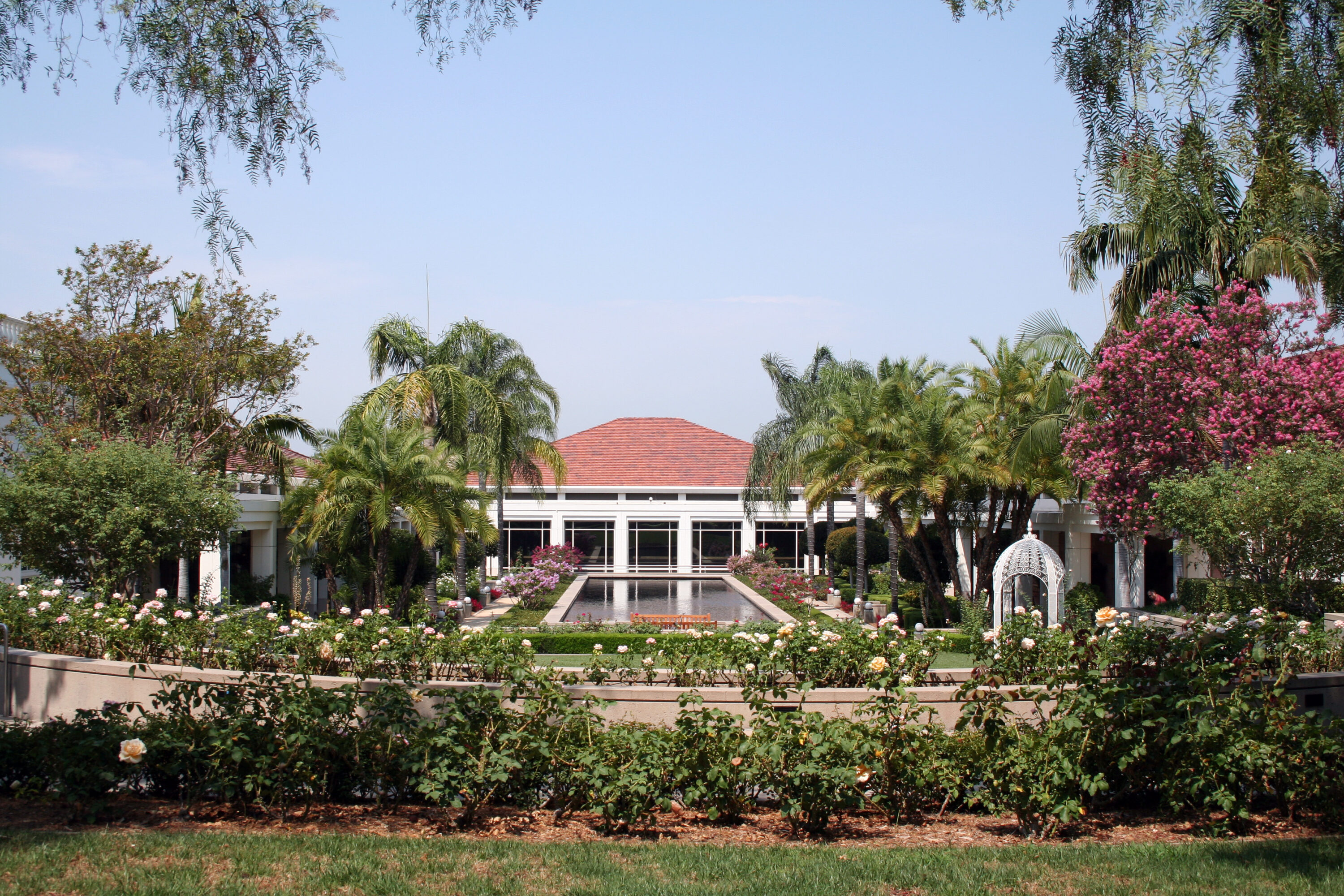American Medical Response’s ambulance contract to serve most of Riverside County could be in jeopardy due to ongoing challenges with providing appropriate equipment during emergency calls, officials told the Board of Supervisors Tuesday.
“We have serious questions to ask and answer moving forward,” County Emergency Management Department Director Bruce Barton told the board. “Does it make sense to continue with the model we have? Does our current contract have the flexibility to move our system forward?”
Barton presented a performance review of AMR’s response capabilities covering fiscal year 2021-22, and the foremost issue of concern was tied to staffing and the ambulance service’s frequent inability to dispatch advanced life support — ALS — vehicles, instead sending basic life support — BLS — ambulances.
Barton, county fire Chief Bill Weiser, Murrieta Fire & Rescue Chief Bernard Molloy and board Chairman Kevin Jeffries, a former county fire paramedic, all noted the conundrum created by sending BLS ambulances in place of ALS equipment — a firefighter-paramedic is required to ride with the BLS emergency medical technicians to care for the patient on the way to the hospital.
Only ALS ambulances are staffed by certified civilian paramedics under the county contract with AMR.
“There are severe impacts to our department in the current model,” Weiser said. “When we send determinant codes to fill our ambulance needs and they don’t show up, county fire has to provide support. Then we have to go collect our personnel after the call.”
He said that taking a paramedic away from a fire engine crew effectively takes the entire engine out of service.
Molloy said that in Murrieta, AMR is only meeting its ALS obligations about half of the time.
“We can’t transport patients to the hospital in a timely fashion,” the chief said. “When we’re waiting for an ambulance to come, then that fire engine can no longer do the fire engine work because of delays. We have to provide the ALS services.”
Barton told the board that ALS turnaround times had been impacted by offloading delays of patients at hospitals, and the problems could often be traced to hang-ups with the hospitals themselves in providing emergency room bed space. The so-called “bed delays” have been most problematic in the western county region, he said.
AMR, which has had a contract with the county going back almost three decades, is not the stand-alone ambulance provider in some parts of the Coachella Valley, including Cathedral City, Indian Wells, Indio, Palm Desert and Rancho Mirage, where emergency services are handled by other agencies, according to the EMD.
Barton said that while AMR has secured one-year contract extensions to June 30, 2026, the problem of “sending BLS ambulances to ALS-level calls” has raised the prospect of the county needing to have a “different conversation” regarding further extensions after 2026.
AMR Regional Director of Operations Jeremey Shumaker told the board the effects of losing staff during the coronavirus public health crisis continue to weigh on the company.
“COVID had a significant impact on AMR services in Riverside County,” Shumaker said. “There is a nationwide shortage of paramedics. Many decided to leave the industry during COVID.”
He said incentives packages, including sign-on bonuses, automatic pay raises and educational benefits, have been established to draw greater numbers of prospective employees and put more EMTs into the pipeline to earn their paramedic credentials. But the process is slow.
“We’re continuing to compete for the same diminished pool of paramedics,” Shumaker said. “We’re sending as many employees to paramedic school as possible.”
Jeffries said AMR “gets a pass” on many of the hurdles thrown in its path during COVID, but he worried that “AMR is not getting back to normal operations” at a satisfactory pace.
“There needs to be a sense of urgency to get you back to adequate staffing,” the chairman said. “There’s an impact to fire engines because a paramedic with a fire crew is doing your job. You have a mandate to provide a certain level of service, and you haven’t found a way to do that. That opens you up to criticism, and possibly down the road, there may be a wholesale change in our contract if you don’t turn around.”
Shumaker said AMR “fully acknowledges the impact of a BLS ambulance showing up when it’s an ALS call.”
“This is important to us,” he said.
According to the EMD report, AMR responded to more than 220,000 emergency calls for service in 2021-22, with ambulance crews covering 7,942,849 miles in the one-year period.
“AMR has historically been a good partner,” Barton said. “I believe they’ll work with us to get the train back on the tracks.”

